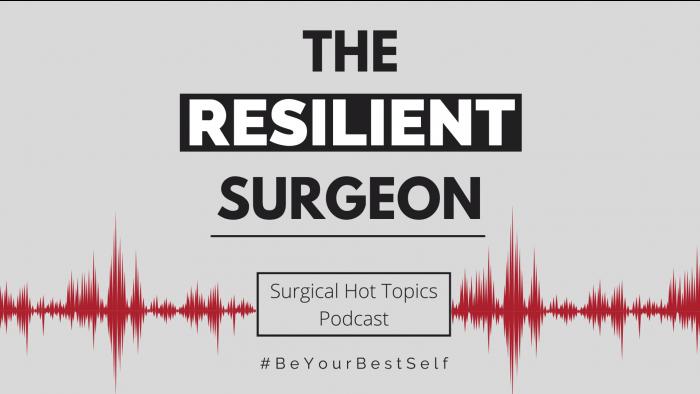First-of-its-kind study examines the impact of ‘sham feeding’ on patient recovery
CHICAGO (September 10, 2021) — Chewing gum after heart surgery may kickstart the digestive tract, helping patients feel better and potentially be discharged sooner than those who don't use this generally safe and simple intervention, according to research presented today at the 18th Annual Perioperative and Critical Care Conference from The Society of Thoracic Surgeons.
